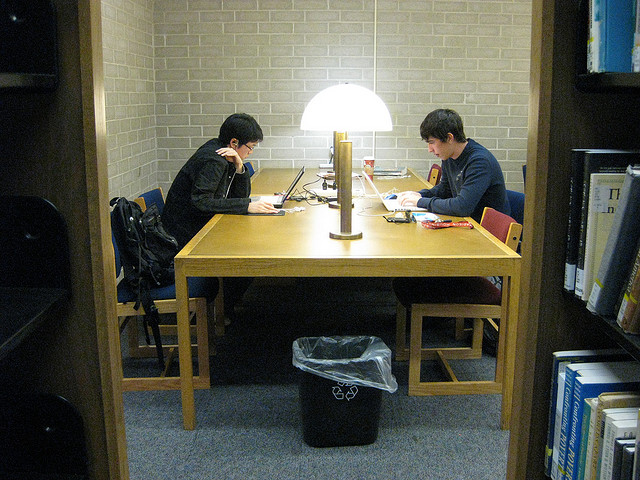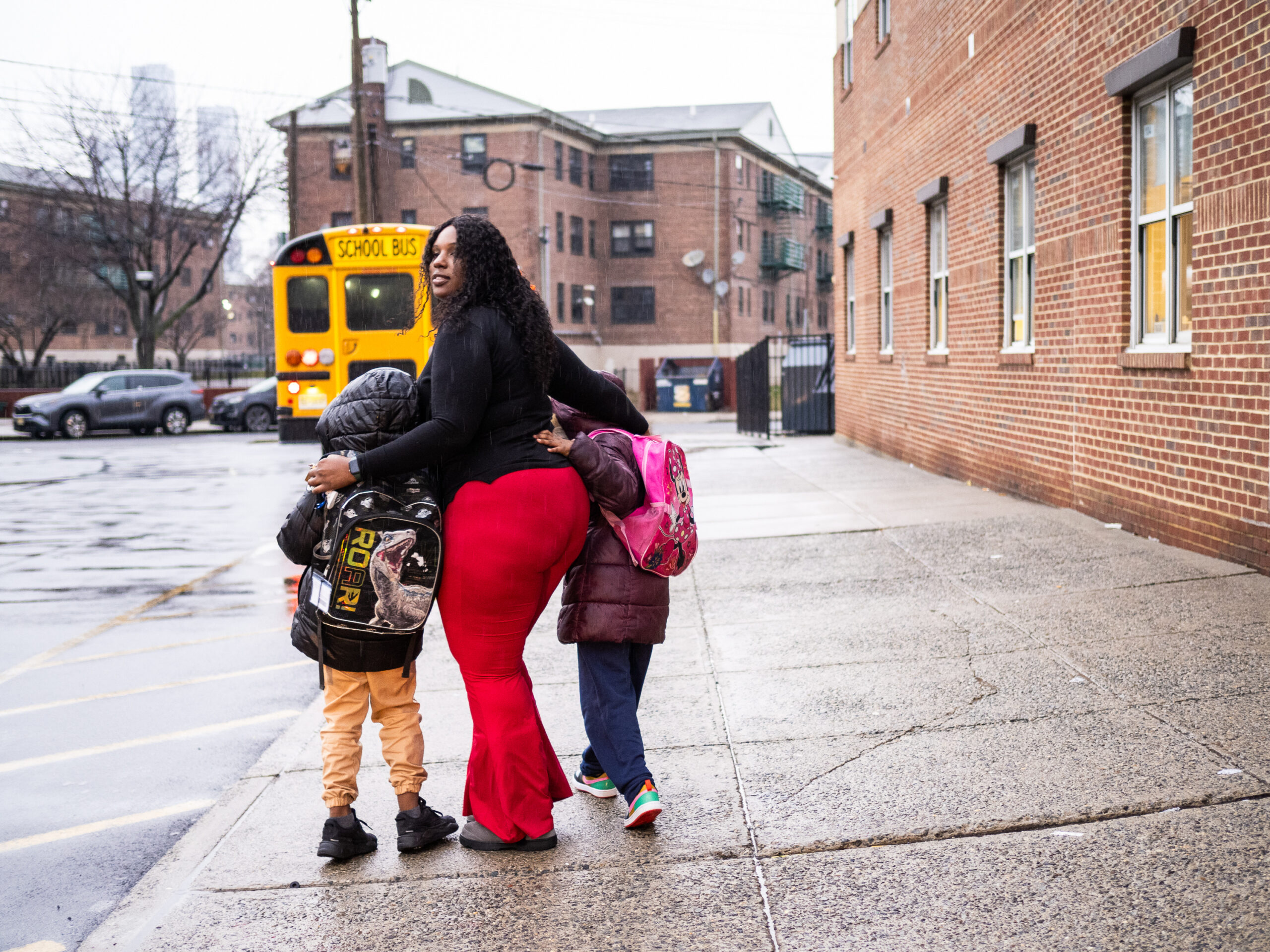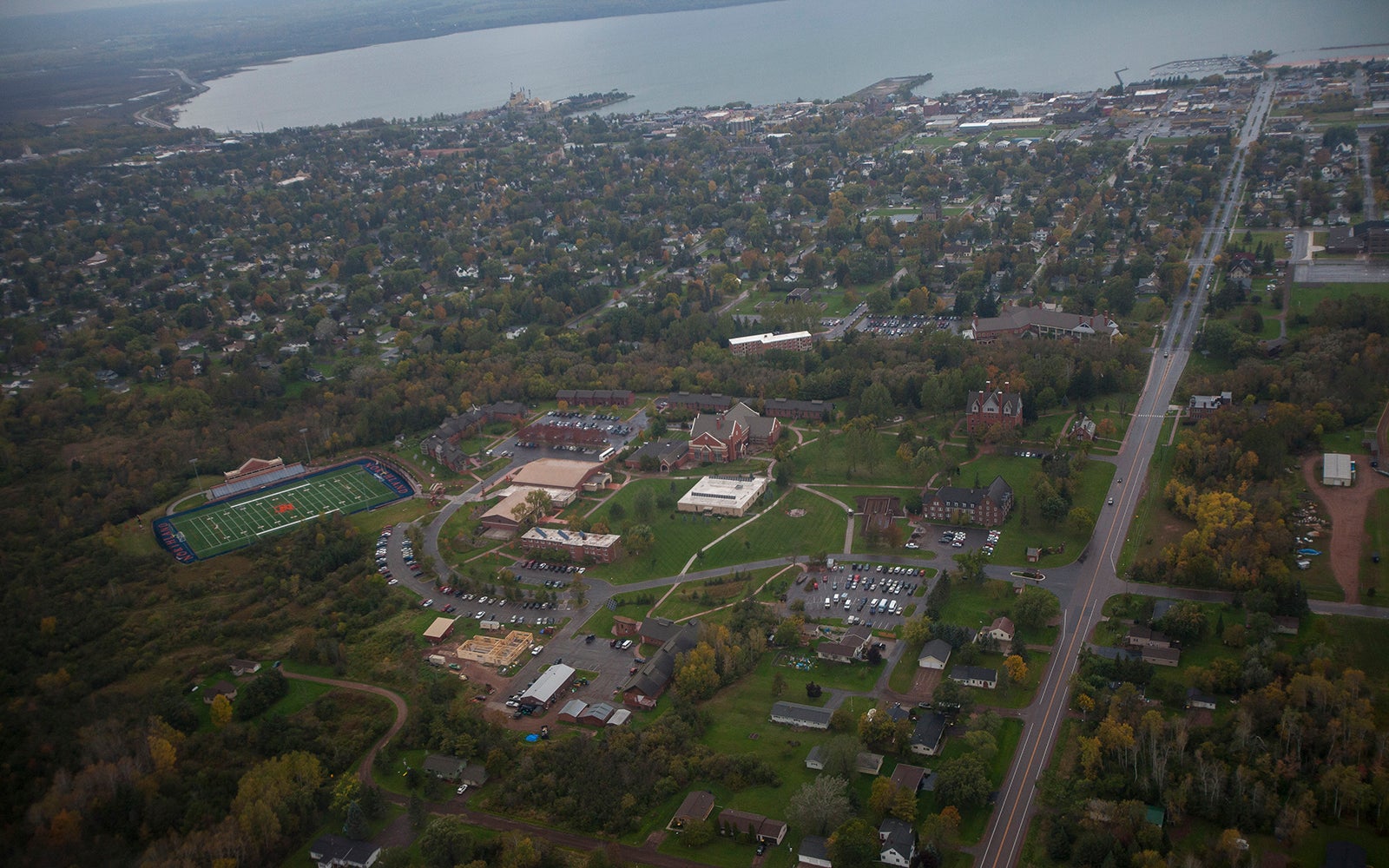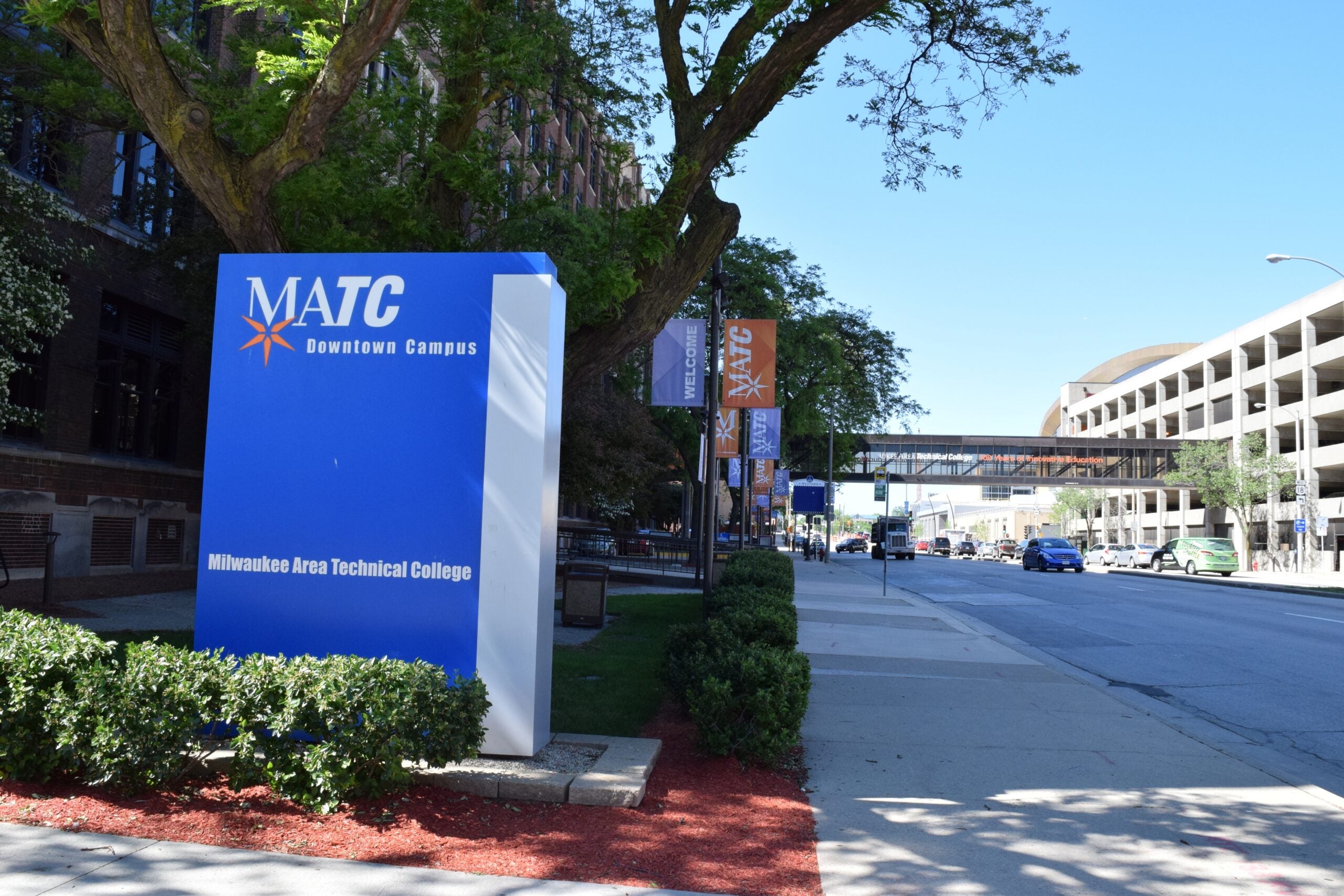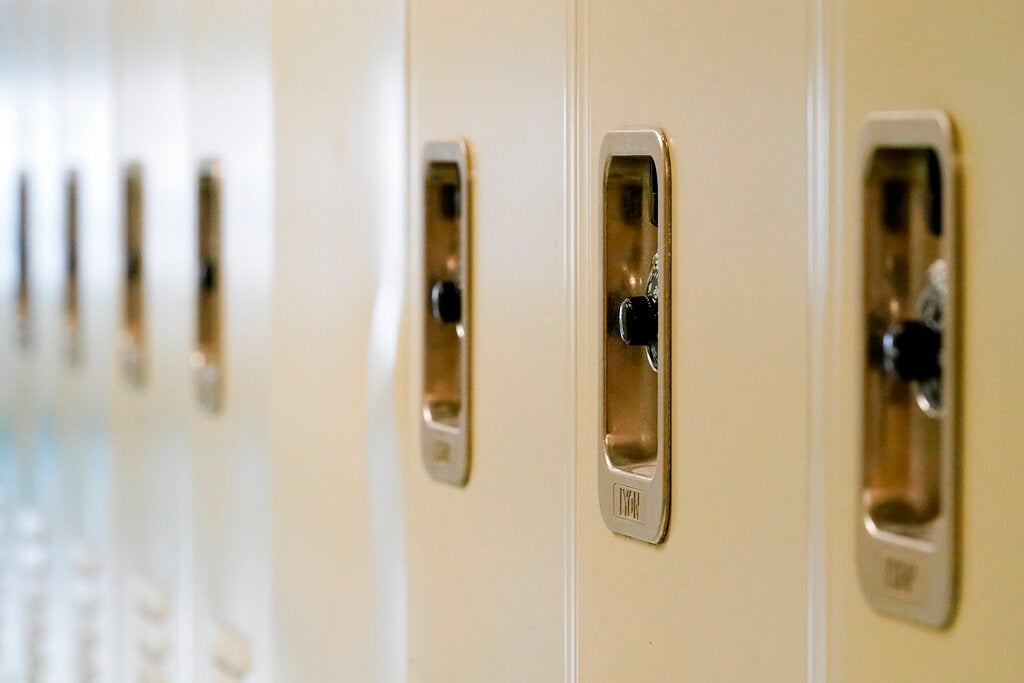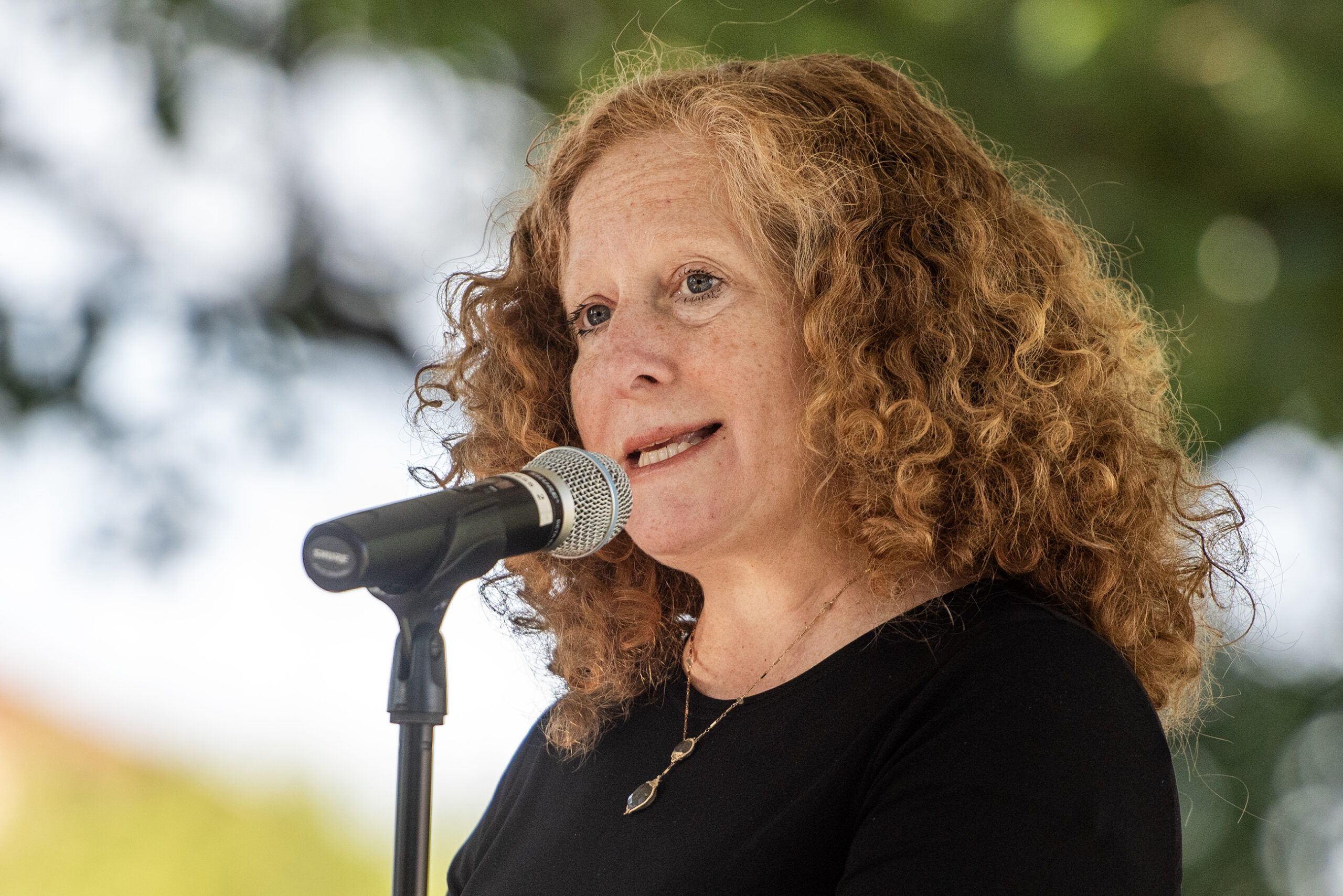The Great Lakes Higher Education Corporation announced it will give grants totaling $8.8 million in four states, including Wisconsin, in an effort to improve college student readiness.
The nonprofit seeks to level the playing field in academic achievement, focusing on the people it says have the most to gain from education: low-income students of color, as well as those who are the first in their family to go to college. It gives funds to community organizations that provide tutoring in math and reading so students can get into technical school or a university, and stay there until they get a certificate or degree.
“We require all of our grant recipients to have objective metrics that measure the success of their programs,” said Richard George, CEO of Great Lakes. “Because what we’re looking to do is leverage programs that we can see are working, and then replicate those successful programs in other places.”
Stay informed on the latest news
Sign up for WPR’s email newsletter.
One of the biggest recipients of money from Great Lakes is the Boys and Girls Club of Dane County, which will get $600,000 from the latest round of grants to help 1,100 middle- and high-school students in Madison and Verona. Michael Johnson, the club’s CEO, said efforts to boost the number of college-bound students are closely tracked.
“We actually bring in statisticians from the University of Madison,” he said. “Every single year they come out with report. They look at our kids’ GPAs, they look at attendance, they look at rigor of courses they’re taking, they look at behavior.”
Studies show 60 percent of students at community colleges need remedial courses. Great Lakes officials want to reduce the number of underprepared students from having to take what they describe as “essentially high school level classes at college prices.”
Wisconsin Public Radio, © Copyright 2024, Board of Regents of the University of Wisconsin System and Wisconsin Educational Communications Board.

